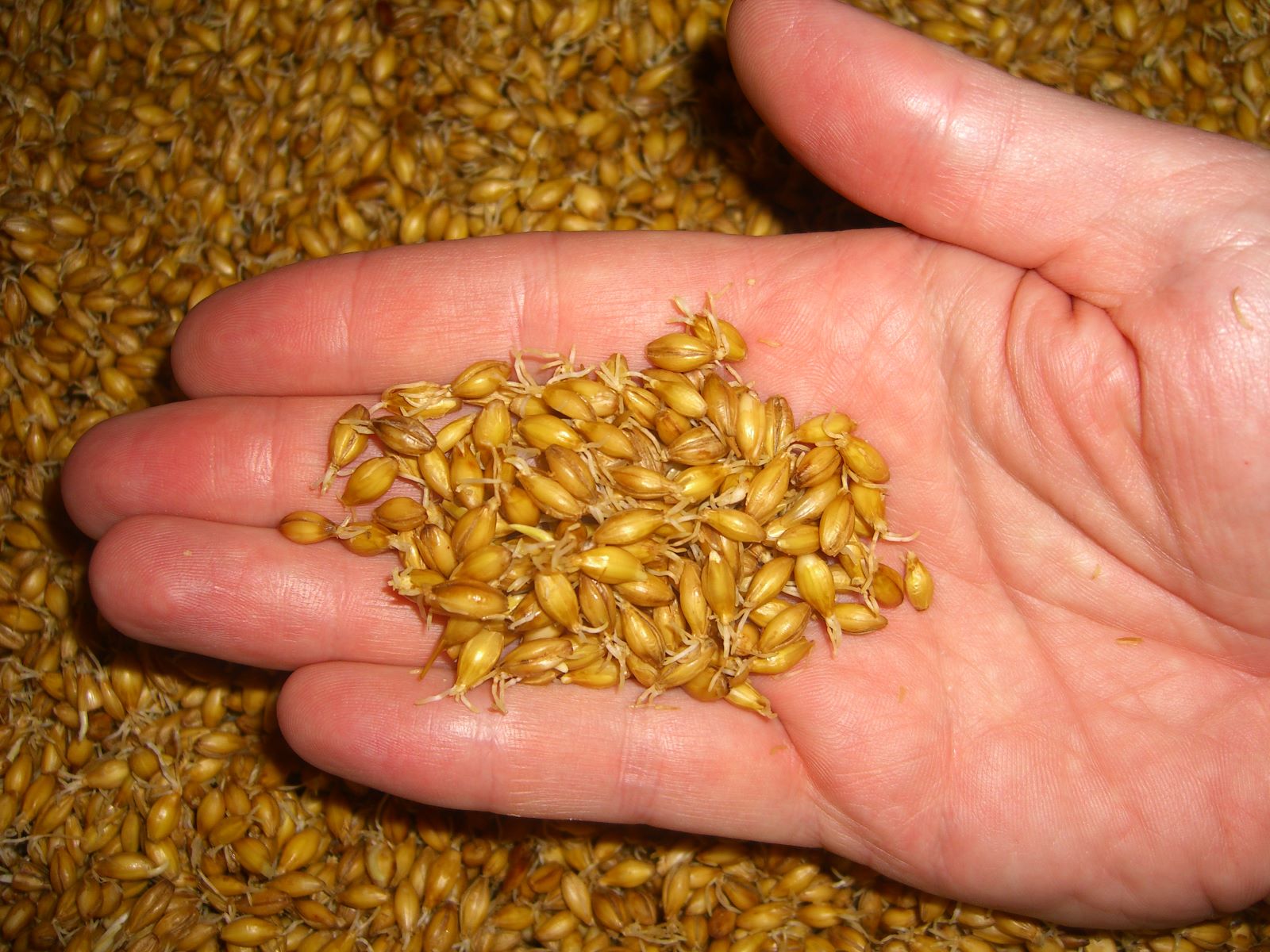
When it comes to nutrition, it’s important to explore all the options available to us. One such option that often gets overlooked is malt. Malt is a nutrient-dense ingredient that is commonly used in the production of various foods and beverages. From malted milkshakes to malted barley in beer production, this ingredient offers a range of nutritional benefits. In this article, we will dive into the fascinating world of malt and uncover 15 surprising malt nutrition facts that you may not be aware of. So, whether you’re a malt enthusiast or simply curious about its nutritional value, keep reading to discover the health benefits that this humble ingredient has to offer.
Key Takeaways:
- Malt is a nutrient-packed powerhouse, providing vitamins, minerals, and fiber for strong bones, improved digestion, and sustained energy levels, making it a great addition to a healthy diet.
- With its natural sweetness and gluten-free options, malt is a versatile ingredient that can aid in weight management, support brain and heart health, and even enhance skin and immune system function.
Malt is a good source of vitamins and minerals.
Malt contains essential vitamins and minerals like vitamin B, iron, magnesium, and zinc, which are beneficial for overall health.
Malt is rich in dietary fiber.
The high fiber content in malt helps in improving digestion and promoting a healthy gastrointestinal system.
Malt is a natural sweetener.
Malt can be used as a healthier alternative to refined sugar, providing a natural sweetness to various dishes and beverages.
Malt can boost energy levels.
The complex carbohydrates in malt provide a sustained release of energy, making it an excellent dietary choice for athletes and those with active lifestyles.
Malt can support bone health.
The minerals found in malt, such as calcium and phosphorus, contribute to maintaining strong and healthy bones.
Malt is gluten-free.
Malt made from gluten-free grains like rice or corn is an option for individuals with gluten intolerance or celiac disease.
Malt can aid in weight management.
The fiber content in malt helps in reducing appetite, promoting a feeling of fullness, and aiding in weight control.
Malt can improve brain function.
The vitamins and minerals in malt play a vital role in brain health and can enhance cognitive function and memory.
Malt can help regulate blood sugar levels.
The fiber in malt slows down the absorption of glucose, preventing rapid spikes in blood sugar levels.
Malt can support a healthy heart.
Malt contains antioxidants that can help reduce oxidative stress on the cardiovascular system, promoting heart health.
Malt can aid in digestion.
The enzymes present in malt facilitate the breakdown of complex carbohydrates and proteins, aiding in digestion.
Malt can improve skin health.
The nutrients in malt, including vitamin E and antioxidants, contribute to healthy skin and can help combat the signs of aging.
Malt can increase milk production in lactating women.
Consuming malt has been known to stimulate milk production in breastfeeding mothers.
Malt can support a healthy immune system.
The vitamins and minerals in malt play a crucial role in maintaining immune function and supporting overall immunity.
Malt can be used in various culinary applications.
Malt can be incorporated into baked goods, beverages, cereals, and even savory dishes, adding a unique flavor and nutritional boost.
Conclusion
In conclusion, malt contains a plethora of essential nutrients that can greatly benefit our overall health. From providing a good source of vitamins and minerals to supporting digestive health, it’s clear that incorporating malt into our diets can be a smart choice.Not only does malt offer significant nutritional value, but it also adds a rich and complex flavor to a variety of foods and beverages. Whether you enjoy it in the form of malted milkshakes, malted pancakes, or even malted chocolate treats, there are countless delicious ways to enjoy the benefits of malt.Remember, moderation is key when it comes to incorporating malt into your diet. While it may offer several health benefits, it’s important to balance your overall intake of nutrients and consult with a healthcare professional if you have any specific dietary concerns or restrictions.So why not give malt a try and discover the incredible nutrition it has to offer? Your taste buds and your body will thank you!
FAQs
1. What is malt?
Malt is a grain that has been sprouted, dried, and finely ground. It is commonly used in brewing beer and distilling spirits, but it can also be enjoyed as a food ingredient.
2. Is malt a healthy choice?
Yes, malt is packed with essential nutrients such as vitamins, minerals, and fiber. It can support digestive health, boost energy levels, and even promote weight management when consumed as part of a balanced diet.
3. Can malt be incorporated into a gluten-free diet?
Unfortunately, most malt products contain gluten, as they are derived from grains like barley. Individuals following a gluten-free diet should look for specifically labeled gluten-free malt alternatives.
4. How can I include malt in my diet?
Malt can be added to a variety of foods and beverages for an extra touch of flavor and nutrition. Try incorporating it into baked goods, smoothies, hot beverages, or even sprinkle it over cereals and yogurt for a tasty twist.
5. Are there any risks associated with consuming malt?
While malt is generally safe to consume, it’s important to be mindful of portion sizes, especially if you have specific dietary needs or conditions. Consulting with a healthcare professional can provide personalized guidance.
Was this page helpful?
Our commitment to delivering trustworthy and engaging content is at the heart of what we do. Each fact on our site is contributed by real users like you, bringing a wealth of diverse insights and information. To ensure the highest standards of accuracy and reliability, our dedicated editors meticulously review each submission. This process guarantees that the facts we share are not only fascinating but also credible. Trust in our commitment to quality and authenticity as you explore and learn with us.
